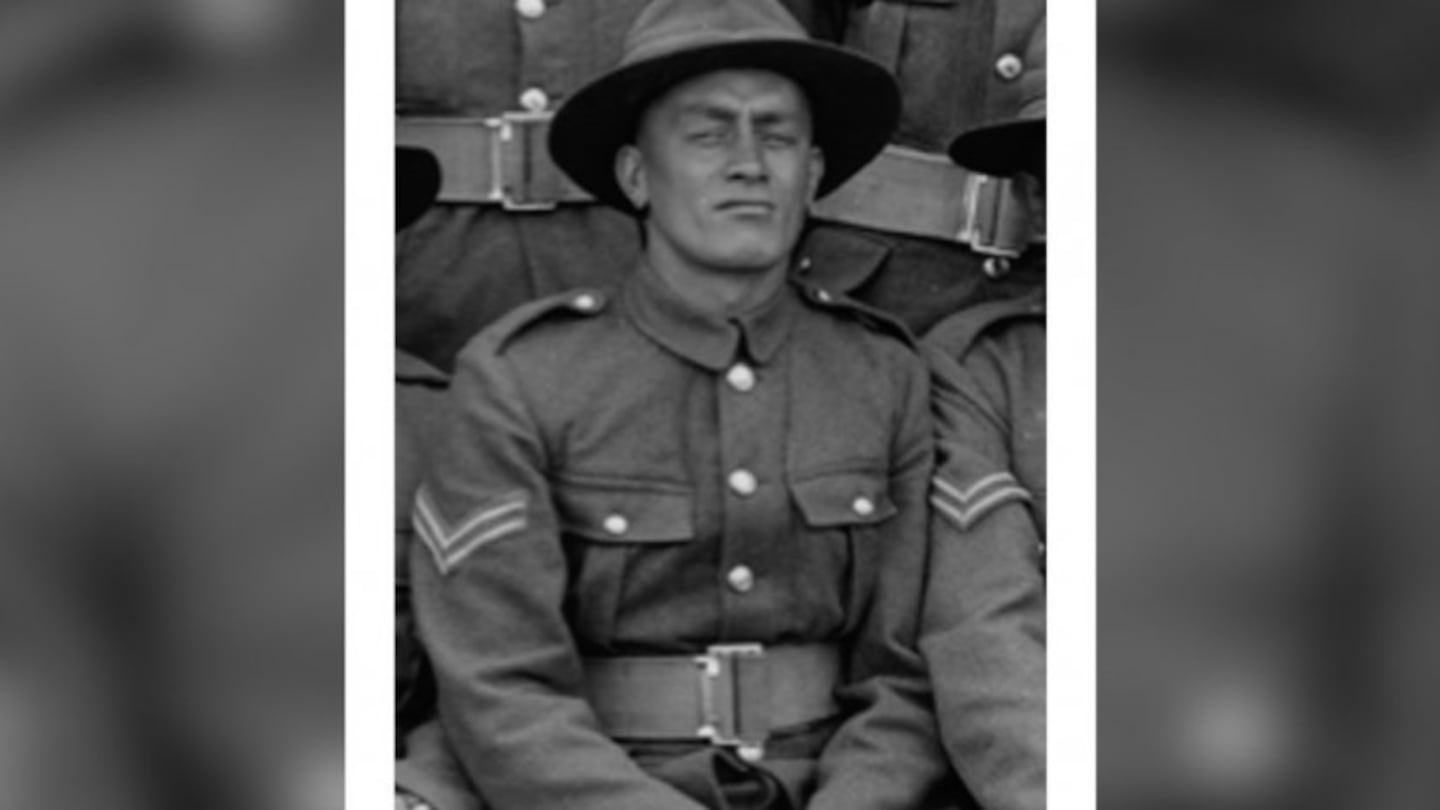Major Walter Wordley of Ngāpuhi was the unofficial record keeper for the 28th Māori Battalion during World War II.
Taking photos and keeping diaries was against regulations at the time but Wordley's work, which remained unknown for many years, has provided a valuable account that is now on display at Te Rau Aroha, the Māori Battalion Museum in Waitangi.
Just before Anzac Day, his granddaughter Sarah Mathany and daughter Peggy Sands called into a special exhibit at the 28th Maori Battalion Museum at Waitangi of Major Wordley's wartime photos and diaries.
Wordley had been the unofficial record keeper for the 28th Maori Battalion in World War II. He took hundreds of photographs, mostly of Maori but some of the Pakeha soldiers, and had some interesting stories in his diaries.
“We've heard he shouldn't have had a camera during the war, so I don't quite know how he got away with it," Sands says.
An incident in his diary shows the platoon on a high: “Not seeing anyone about, some of the boys went ahead on a ‘ratting’ mission and were surprised by the sudden appearance of a couple of ‘Eyeties’ (Italian soldiers) coming out of a dugout — the boys fired a couple of shots above their heads and, wow! Eyeties seemed to come from out of the ground. Number seven platoon collected one thousand in all.”
Worldley's records of war stories finally shared.
Museum display
For decades the photos were kept in a suitcase, on the Wordley family farm in Northland.
“I remember as a kid seeing the suitcase on the dining table and all the photos spread out. A brother of one of the soldiers had come to the house to go through them and I just sat at the table and just watched and listened,” Mathany says.
Many of Wordley's photos remained unknown until the family lent them to the Waitangi 28 Battalion Museum, Te Rau Aroha.
“[Wardley] was the first person that I have met who described mana because I'd heard it before but never really experienced what it was. He was one of those guys that could walk into a room and you could sense the respect that everybody had for them,” a whānau member.
The treasured contents of Wordley’s suitcase are now on show for all to see.
Wordley died in May 1994, aged 78.
His legacy: Pictures sharing the stories of so many others so they will never be forgotten.


